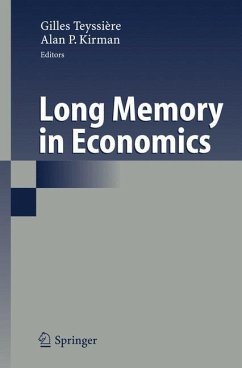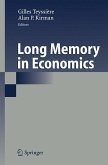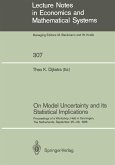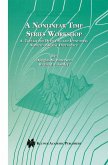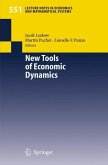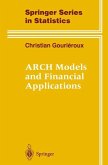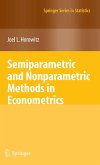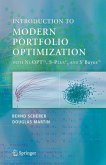Long rangedependent, or long memory,time seriesarestationarytime series displaying a statistically signi?cant dependence between very distant obs- vations. We formalize this dependence by assuming that the autocorrelation function of these stationary series decays very slowly, hyperbolically, as a function of the time lag. Many economic series display these empirical features: volatility of asset prices returns, future interest rates, etc. There is a huge statistical literature on long memory processes, some of this research is highly technical, so that it is cited, but often misused in the applied econometrics and empirical e- nomics literature. The ?rst purpose of this book is to present in a formal and pedagogical way some statistical methods for studying long range dependent processes. Furthermore, the occurrence of long memory in economic time series might be a statistical artefact as the hyperbolic decay of the sample autoc- relation function does not necessarily derive from long range dependent p- cesses. Indeed, the realizations of non-homogeneous processes, e.g., switching regime and change point processes, display the same empirical features. We thus also present in this book recent statistical methods able to discriminate between the long memory and change point alternatives. Going beyond the purely statistical analysis of economic series, it is of interest to determine which economic mechanisms are generating the strong dependence properties of economic series, whether they are genuine, or spu- ous. The regularities of the long memory and change point properties across economic time series, e.g., common degree of long range dependence and/or common change points, suggest the existence of a common economic cause.
Bitte wählen Sie Ihr Anliegen aus.
Rechnungen
Retourenschein anfordern
Bestellstatus
Storno

